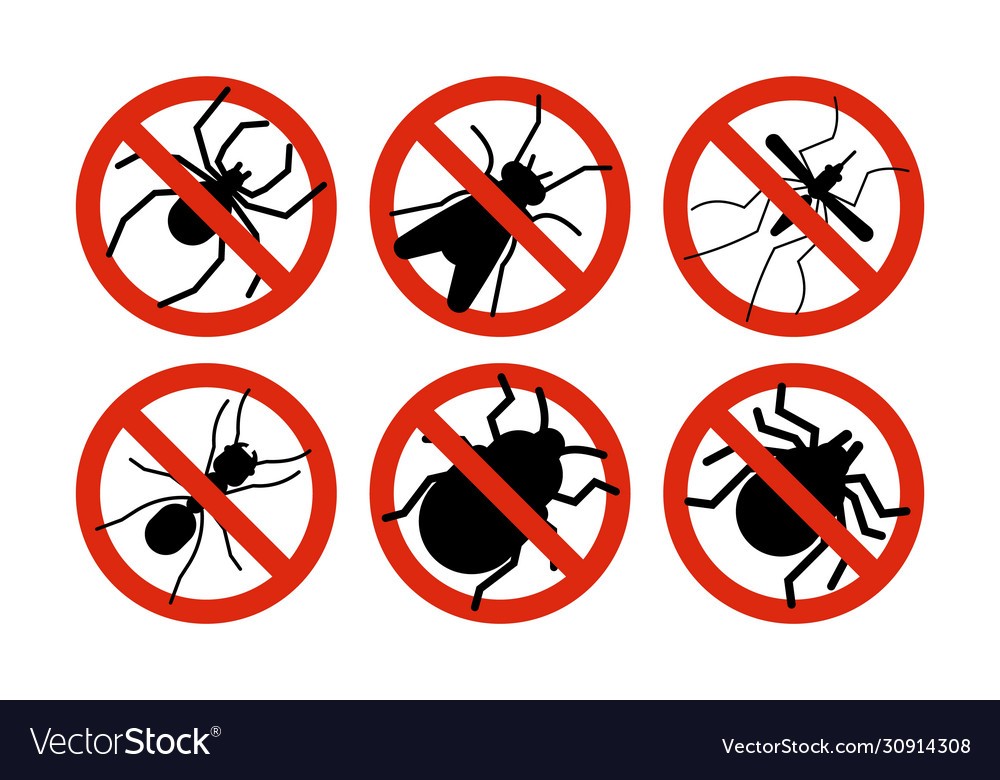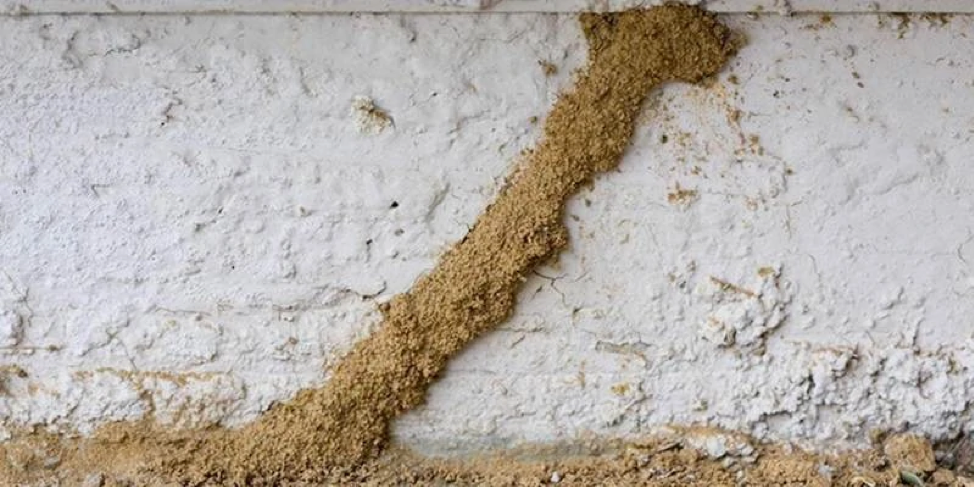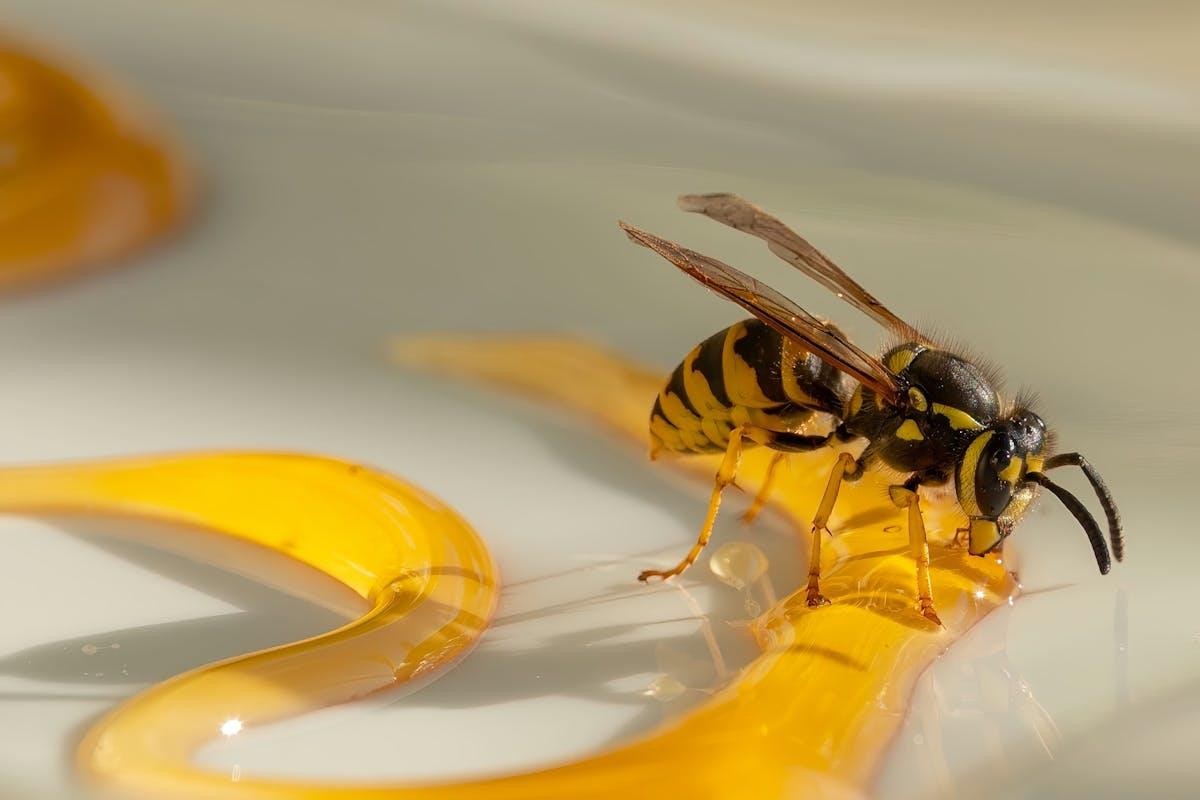Who doesn’t want to enjoy a sunny yet breezy afternoon with the family in the backyard? Definitely, everyone! However, the buzzy and nuisance presence of wasps can change your mood. Aside from being annoying, they can be critical for individuals with allergies, particularly children. Moreover, once they establish their safe spaces, or nests, near your house, they become territorial, making your space unsafe and detrimental.
It’s a common query about how to prevent wasps from building nests near my home, and the answer is really simple. Taking a few precautionary steps right at the moment can significantly help to reduce the wasp infestation.
Understanding Wasp Behavior
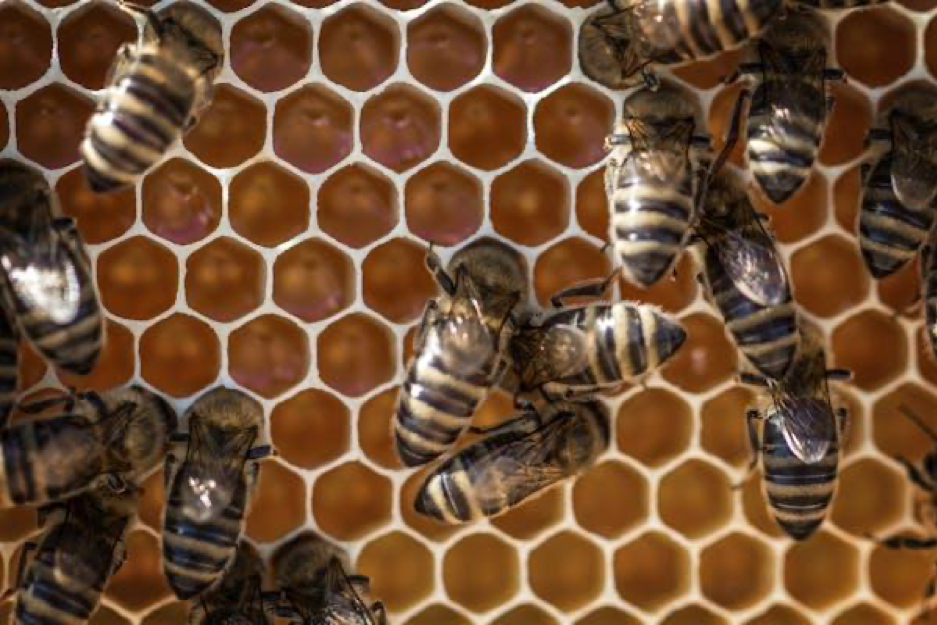
If you want to prevent wasps from building nests, you first need to understand their behaviour. In spring, the wasps begin to hunt for a space for nesting and continue it till early summer unless they find a perfect spot. It is commonly known that wasps in Canada die in winter, with the young, newly mated female wasps (future queens) being in their hibernation phase.
The most attractive spaces for wasps are those with food, shelter, and warmth. They target homes and sheds as their ideal places to nest. It is important to note that the wasps return to their homes with a rising temperature, and that’s why early prevention can be crucial.
Are Wasps Hunting Your Home?
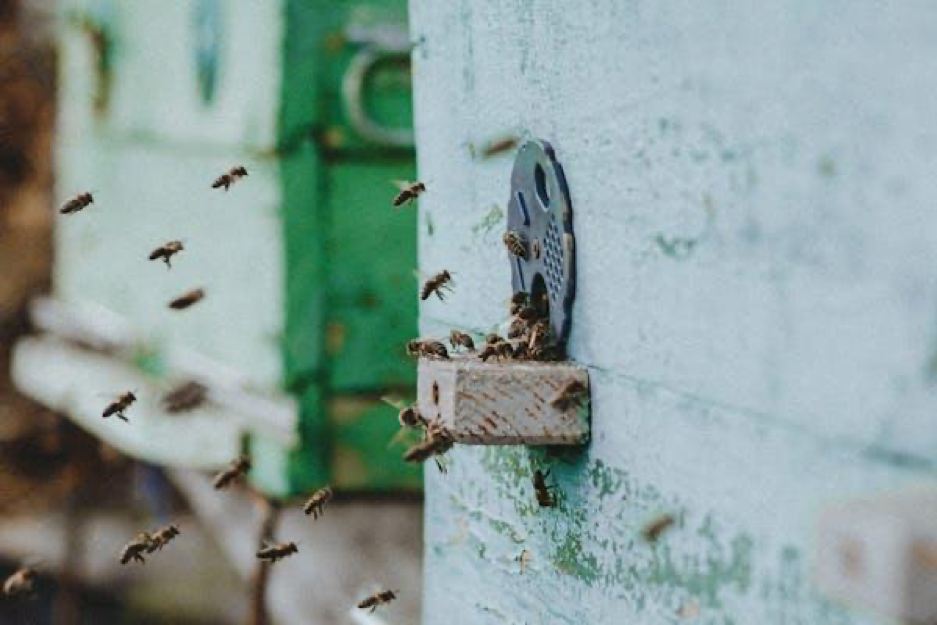
It is not necessary that the nests in your home are the only sign of wasp infestation. However, some early signs need to be carefully considered as a sign of a wasp nest. If you observe any of the following signs, timely action can help get rid of wasps in the backyard.
- Wasps are often seen flying through the vents, balconies, and rooftops.
- The plants, fibers, and wood are observed to be chewed.
- Observe enhanced wasp activity in a particular corner of your garden or yard.
How to Prevent Wasp Nests
If you want to keep wasps away from your house, there are some effective tips and strategies that work and keep your space safe.
- First of all, you need to know what attracts the wasps, and then remove their attraction. Wasps are highly drawn to bins, trash, leftover food, sugary drinks, and even pet foods. One of the best tips is to keep your outdoor eating space clean and tidy. Keep the food covered, keep dustbins sealed, and make sure to clean the space after partying in the yard.
- Block their entry to stay safe and keep them away. They tend to enter through vents, broken windows, siding, and garage windows. Particularly, in early spring, this tip is very helpful as the queens are on the hunt during this time for their new homes.
- Another effective tip is to reduce the nesting options to get better wasp prevention. Regularly trim down the overgrown bushes and grass, add wasp repellent plants in your garden, such as mint and eucalyptus, and avoid sweet-smelling flowers.
- Use natural oils as a wasp repellent and even commercial wasp deterrents to get rid of them. There are several effective commercial wasp deterrents; you can choose the one with lasting outcomes.
- Make sure to inspect your backyard and garden, particularly vents, chimneys, decks, and fences, at least once a week. Spotting a small nest earlier is easier to remove than a full-fledged wood wasp nest.
Time to Call the Professionals
The small wasp nests can be treated and removed at home, and can be avoided with timely prevention measures taken. However, in case of fully formed nests, you need professional help. Particularly, if you observe the following, it’s probably a time to call a professional to get rid of wasps in the backyard.
- A hidden large wasp nest.
- Recurring wasp infestations again and again.
- Frequent movement of wasps through voids throughout the day.
Conclusion
With the effective tips and strategies, the problem of how to keep wasps away becomes easier. However, consistency is the key. If you want ultimate wasp prevention, make sure to combine all the tips to get maximum and promising results. From removing what wasps are drawn to executing weekly inspections, these little yet helpful tips can save your space.
Wasps are known for their persistent nature, but the timely actions can make your efforts work even a step ahead. It is recommended to take the required actions promptly to get sting-free summers in your backyard.
Frequently Asked Questions
Which plants and their smells are wasps most hateful of?
Clove, mint, lemongrass, and eucalyptus are the most hated plants of the wasps.
What scent do wasps hate the most?
Peppermint oil: Wasps and hornets hate the smell of peppermint oil! So, take a cotton ball soaked in peppermint oil and place it near areas where you’ve seen wasps and hornets. You can also add a few drops of peppermint oil to a spray bottle filled with water and use it to spray areas
What is the best plant to keep wasps away?
- Lavender
- Eucalyptus
- Mint
- Marigold
- Geranium
- Wormwood
- Lemongrass
- Mugwort
Are Canadian wasps aggressive?
There are hundreds of species of wasps living in Canada, with the most common being the yellowjackets, hornets and paper wasps, Beresford explained. Among these, yellowjacket wasps stand out as both the most common and the most aggressive.
Do wasp sting or bite you?
Wasp stings are a common, yet painful problem. However, most wasps only sting when they or their nest are disturbed, or when they have been irritated by your presence
Can you block a wasp nest?
Unfortunately, this well-intentioned move could lead to a much bigger problem than you anticipated. In fact, blocking a wasp nest entrance can make the situation significantly worse, potentially leading to wasps entering your home



